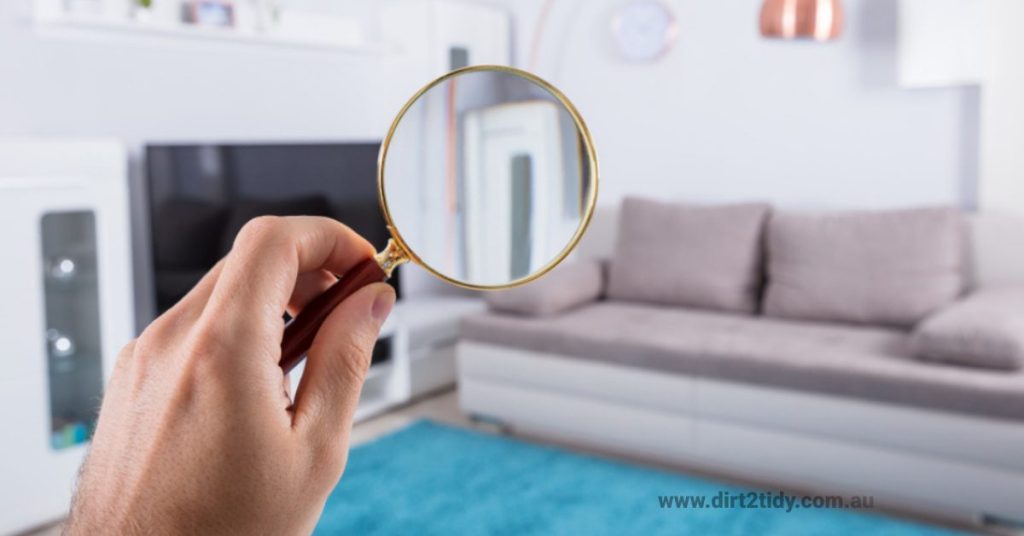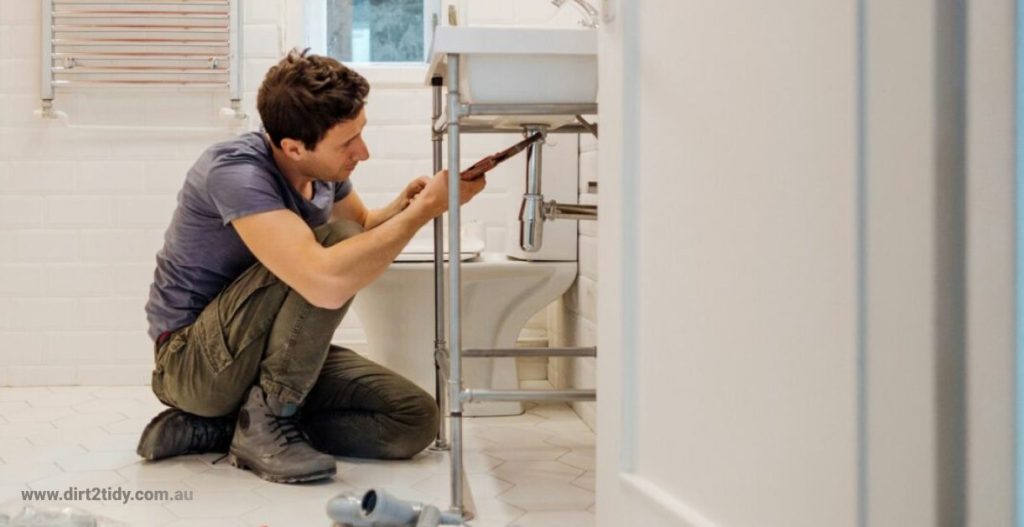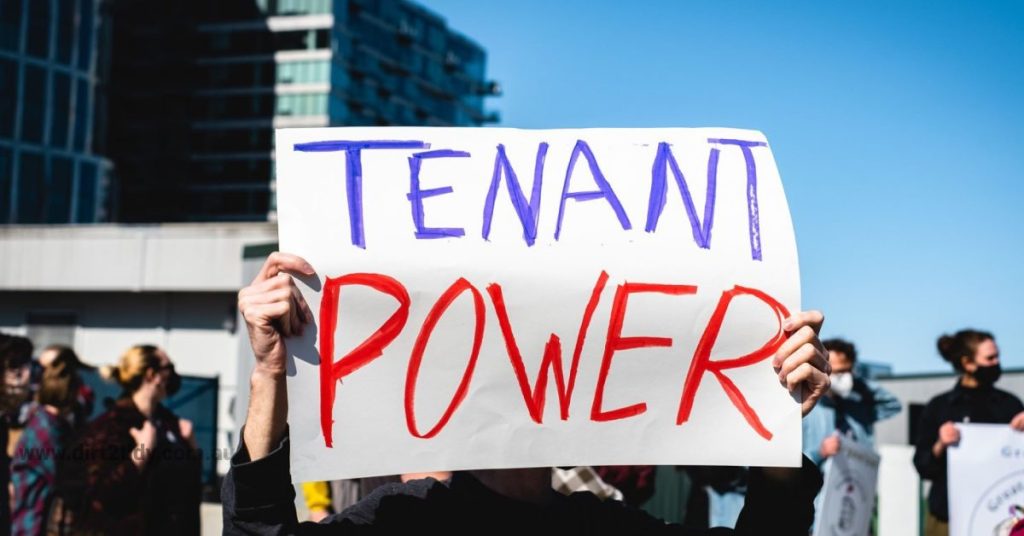Table of Contents
Tenants are expected to keep the property clean and return it in a similar state to how it was when the agreement began, taking into account normal use (fair wear and tear).
Repairs are the landlord’s job, but if the tenant or resident caused the damage, including damage to common areas or items in a common area, the landlord can ask them to set up or pay for repairs.
Whether a repair is urgent or not, it has to be done in a certain way. Even if they are waiting for repairs to be done, tenants still have to pay rent for the rental property.
All parties should make a note of any phone calls that say repairs are needed and, if possible, send information about repairs in writing and keep copies for future use.
You may also like to read : What to Expect From the End of Lease Cleaning for your Business?
Lessors or landlords also have to respond quickly to requests to fix things
A tenant can give a landlord a breach notice if the landlord doesn’t respond to a written request for repairs or maintenance within a reasonable amount of time. If the lessor or landlord continues to ignore the problem, the tenant can ask the
The repairs or maintenance will be done by the Magistrates’ Court. If a part of the property can’t be used because repairs or maintenance haven’t been done, the tenant can also ask the court for a rent cut until the repairs or maintenance are done.

What sets “fair wear and tear” apart from damage?
When you move out, you are responsible for any damage you caused, but not for “normal wear and tear.”
Agents, landlords, and tenants can all have different ideas about what wear and tear is fair, which can lead to disagreements even if property is not professionally cleaned.
Fair Trading NSW says that fair wear and tear is “deterioration that happens over time with use of the premises, even if the premises are cared for and maintained in a reasonable way.”
Repairs and cleanliness at the start of a tenancy – Need to clean rented premises
Before signing a lease, a tenant should look at the condition of the property. Check for pests and make sure the house is safe and weatherproof. Check that all the doors, windows, taps, and hot water system work, that the fence is in good shape, and that the garden is in good shape as well.
If there are problems, renters should ask the landlord or property manager if they plan to fix them. Make sure that this is written down in the lease by the real estate agent.
Fixtures or personal property that came with the property, like a TV antenna, air conditioners, or a solar hot water system, must be taken care of by the lessor/landlord, unless the fact that they don’t work was made clear before the tenancy agreement was signed.
Before you sign the tenancy agreement, you should ask the landlord if there are any known problems with hooking up services you want to use at the property, such as a phone line or the internet. You might also want to ask your preferred provider if they can set up an account at the rental address.
Before you move into a rental home, it’s a good idea to take pictures of all the rooms, the garden, and any trouble spots in surface areas.
In the property condition report, you should list any damage to the property or other problems that are already there.

After the renter moves in – Need to clean rented premises
The owner or manager of the property must keep the place in good shape and make sure it follows all WA building, health, and safety laws. They are responsible for any major and many minor repairs caused by normal wear and tear.
They are also responsible for making sure that any items in the house, like an air conditioner, stove, or fridge, that are part of the rental agreement are in good working order.
You may also like to read : Can a Vacate Cleaner Support you at End of the Tenancy?
The lessor or property manager does not have to fix things that were already known to not work before the agreement was made or that the tenant could not have expected to work when the agreement was made.
Mould or mildew caused by broken gutters or other fixtures should be fixed by the landlord, but tenants should still let the place air out regularly to avoid mould problems in the winter.
As per Tenants Union
Tenants can’t damage the property on purpose or by accident. If this happens, tenants must let their landlord or property manager know as soon as they can. You will have to pay to fix or replace the property that was broken.
If a tradesman or someone else who has nothing to do with the tenant causes damage, it is the owner’s responsibility to fix it. This can also include damage from a storm or a break-in. Lessors can’t get out of their legal responsibilities to take care of the property or do anything else that’s in the prescribed tenancy agreement.
Tenants are responsible for basic household maintenance (like cleaning floors, window cleaning, changing light bulbs, cleaning windows, dusting, skirting boards cleaning and removing cobwebs inside and out) and garden maintenance (like watering, mowing, weeding, pruning, and fertilising) unless the rental agreement says otherwise.
If the tenants know that clogged gutters could cause damage to the roof, they should tell the owner.

How much does it cost to clean at the end of a lease?
Moving out cleaning services are available if you don’t have time to do it yourself or would rather have a professional cleaner do it. The cost of a bond clean depends on where you live, how big your home is, and how much work needs to be done.
Bond cleaning services in Australia usually charge a flat fee between $240 and $1,000 or a rate per hour between $40 and $50.
Depending on how many rooms you have, you can also pay per square metre or a flat fee to have your carpets steam cleaned when you hire professional vacate cleaners.
Cleaning the windows may be part of an end-of-lease clean, but if it isn’t, it will cost a flat rate per hour. The cost of cleaning windows depends on how many and how big the windows are, how easy they are to get to, and how dirty they are.




